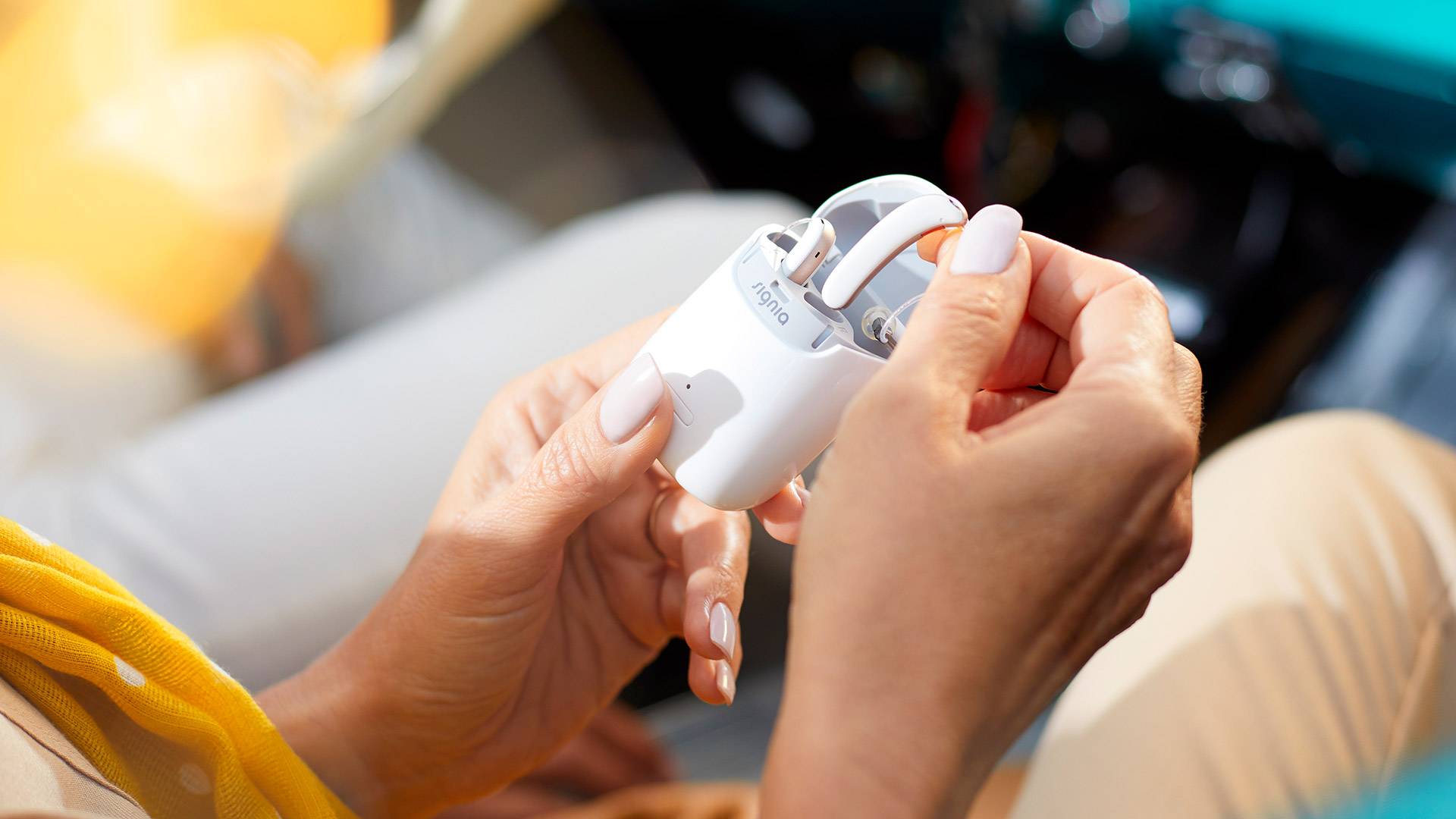
Difference Between Hearing Amplifiers & Hearing Aids
Despite serving similar purposes, hearing amplifiers and hearing aids are two very different things. Let's go through what sets these devices apart from one another.
Created Updated
While television ads have made personal sound amplifiers a tempting purchase, many people have failed to recognize the key differences between hearing amplifiers and hearing aids. Frequency-specific hearing loss is not something that can be mitigated through the amplification of all sound and using an amplifier where a hearing aid should be used can be dangerous.
Many audiologists and organizations have tried to stress the difference between amplifiers and hearing aids. Even the FDA put out a notice warning people that hearing amplifiers are not a replacement for hearing aids. Here are a few of the key differences between the two devices, and why hearing aids are probably a safer bet.
Hearing amplifiers vs. hearing aids
Personal sound amplifying products, or PSAPs, are designed to boost environmental hearing for people without hearing loss. They aren't selective in what sounds they amplify and are commonly used to "keep an ear" on children or babies in another room. They've also been advertised to improve sound quality during recreational activities like birdwatching and theatre.
While the concept is intriguing, some people began misusing PSAPs as over-the-counter hearing aids. It might seem like an easy way to cut costs and avoid spending money on a certified hearing aid, but audiologists and doctors everywhere have warned against the practice. Hearing aids perform a complex purpose that depends on the wearer, whereas amplifiers boost all sound.
Hearing aids are usually professionally fitted and fine-tuned to the wearer and help mitigate hearing loss by boosting certain frequencies. Amplifiers simply make things louder, regardless of the frequency or volume. While hearing aids are tailored to hard of hearing people, PSAPs are meant to be used by people with a full range of hearing.
The dangers of hearing amplifiers
Hearing amplifiers aren't entirely dangerous on their own. However, people misusing PSAPs is what makes them so harmful. Many consumers might try to use them as hearing aids, which can further damage hearing. While the technology used in hearing amplifiers and hearing aids is similar in some respects, they are two separate devices with different purposes.
Where hearing amplifiers are supposed to be used by people with normal hearing, hearing aids are designed for those with hearing loss. When people use PSAPs to mitigate hearing loss, the problem is not being solved. In fact, the problem isn't even being recognized. A full audiogram and check-up is necessary to diagnose hearing loss.
Failing to get proper help for hearing loss can lead to further deterioration of a person's hearing. This can mean the difference between mild and serious hearing loss.
Knowing which one to choose
If you or a loved one is interested in buying a PSAP, have a quick discussion about it. Why are they getting it? If they're interested solely in birdwatching, theatre, or childcare, they might benefit from using a hearing amplifier sparingly. However, if they are getting a PSAP because they've been having trouble hearing, there might be an issue.
Before buying a PSAP, it's recommended that potential buyers invest in a hearing test. If there is a problem with their hearing, an audiogram can help identify it. From there, they can begin considering actual hearing aids, which will solve their problems safely and efficiently. Signia offers a free online hearing test, which can be used as a quick and easy preliminary check to a professional one.
While PSAPs and hearing aids might seem similar at first glance, they couldn't be more different. One is meant for recreational use, whereas the other is a recommended treatment for hearing loss. Buying an amplifier instead of a hearing aid might seem like the easy way out, but it might do more harm than good.